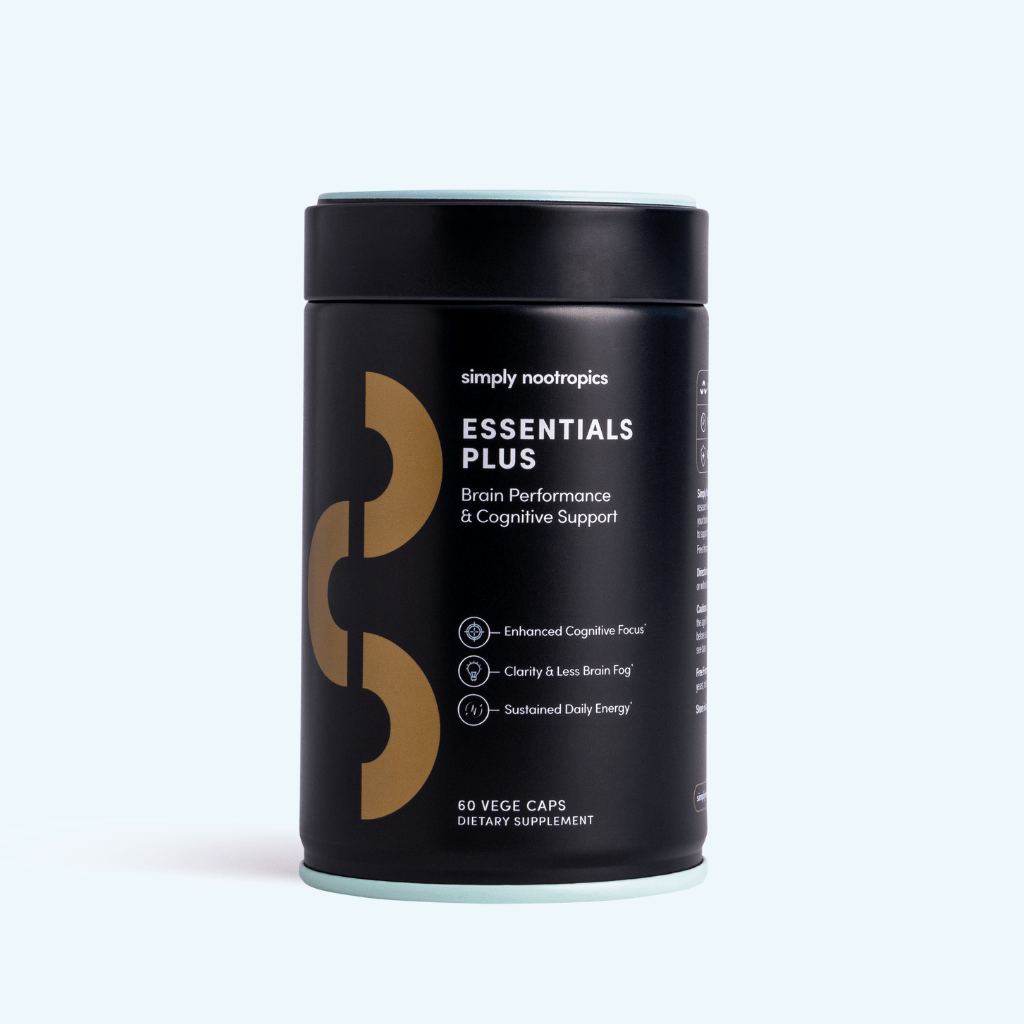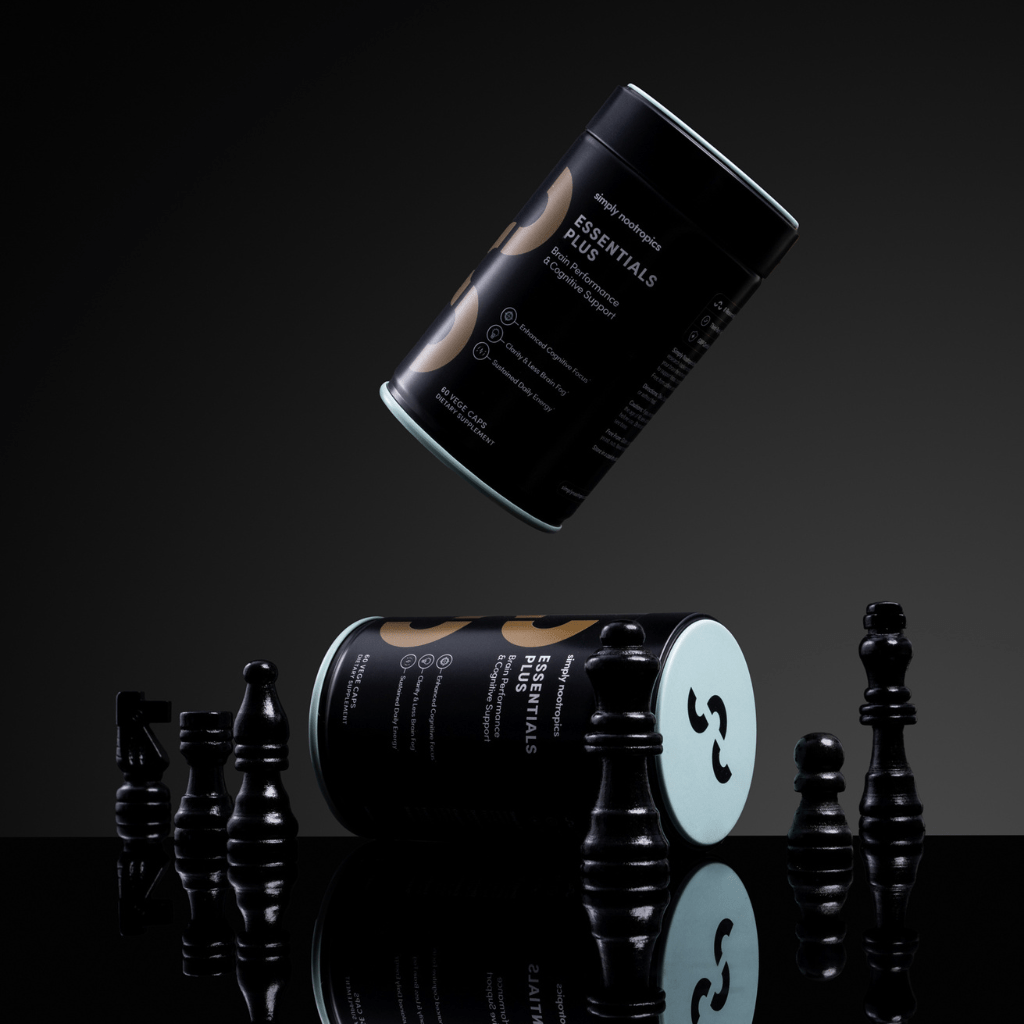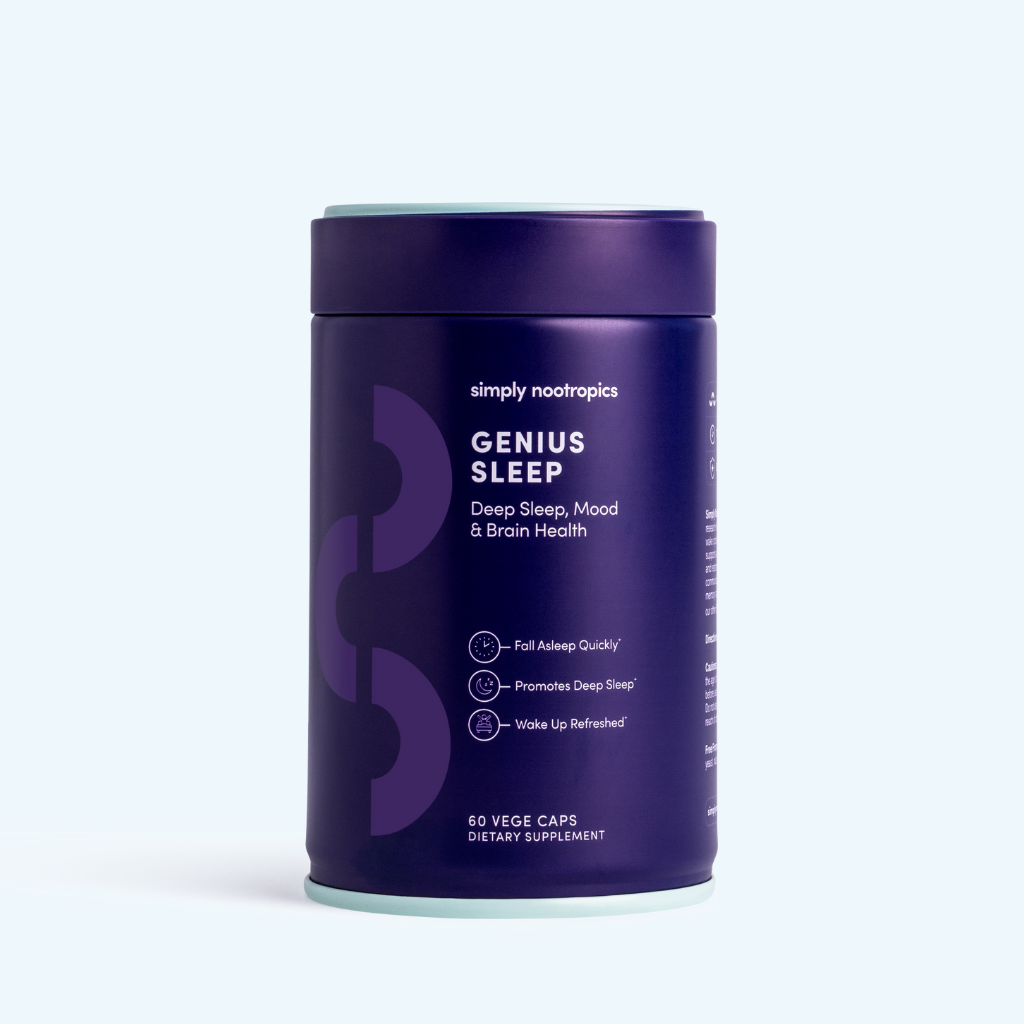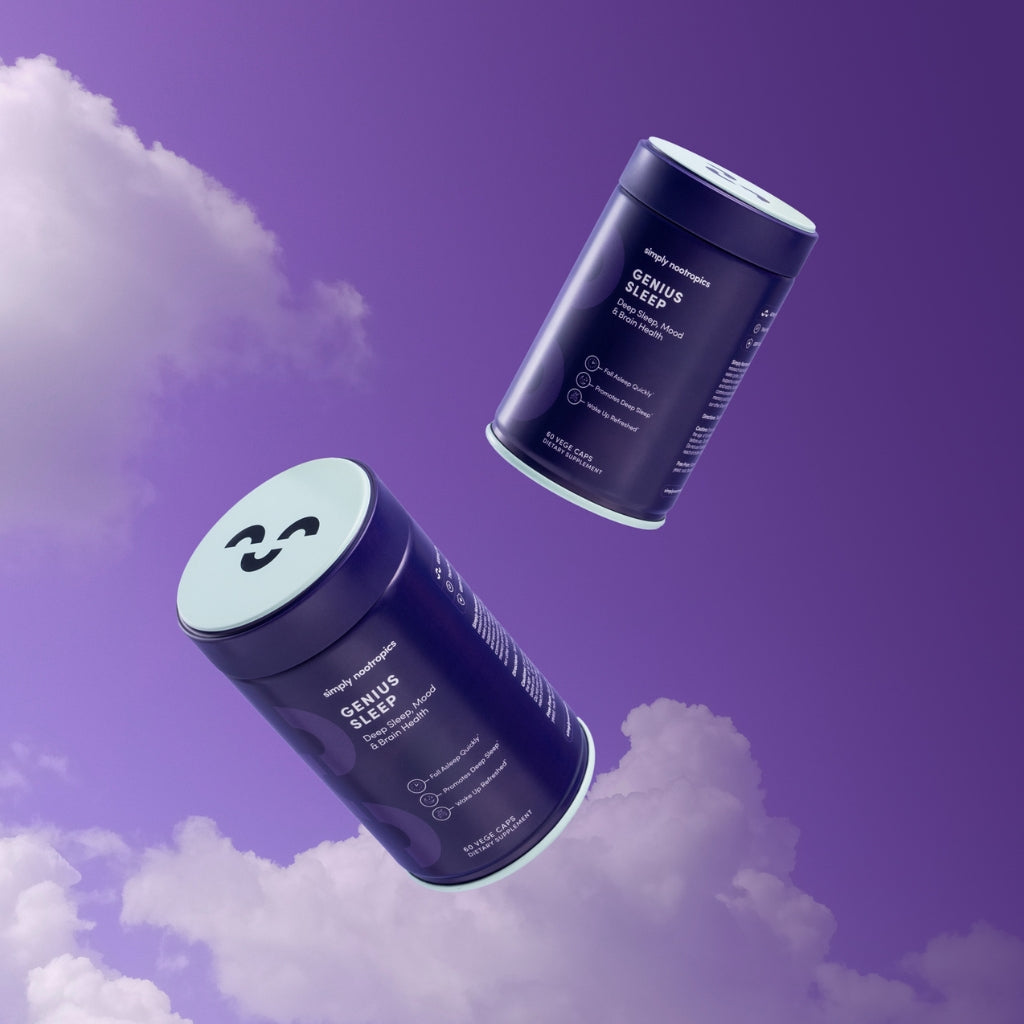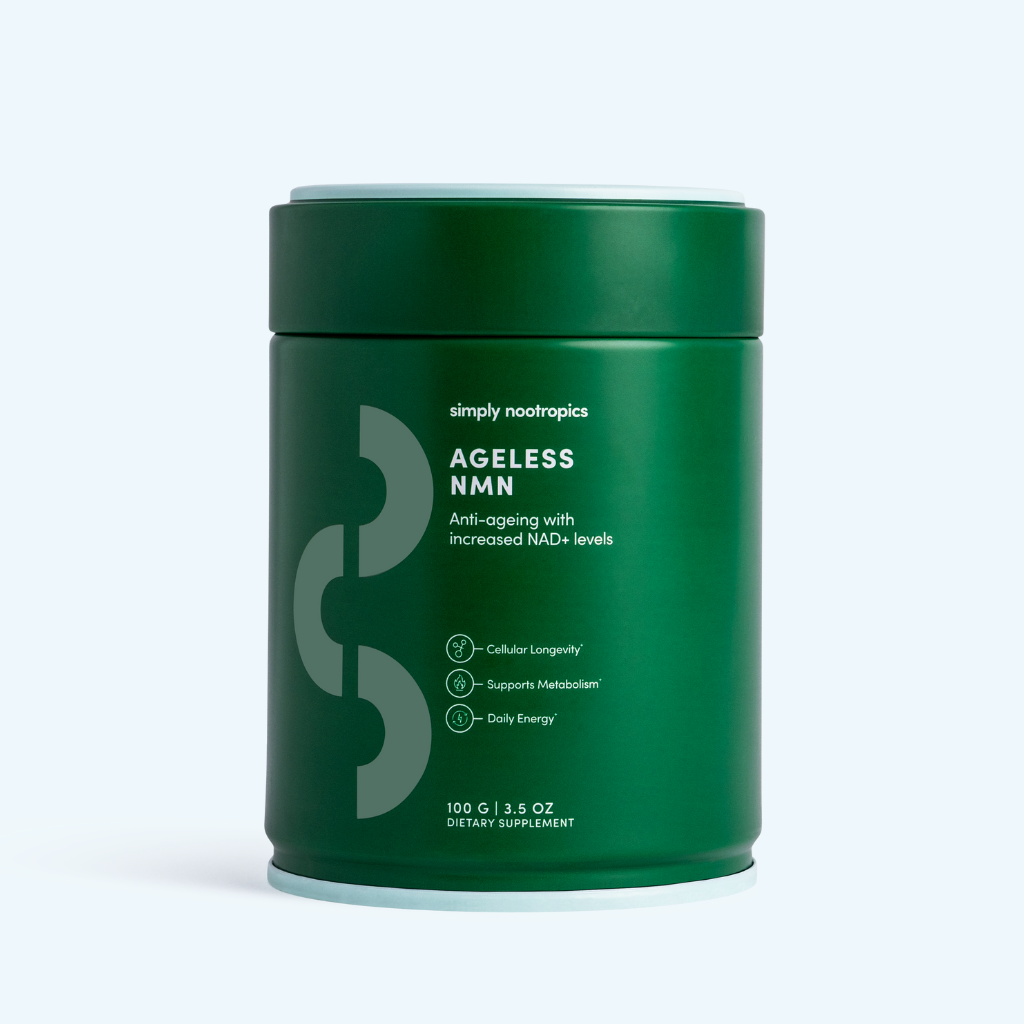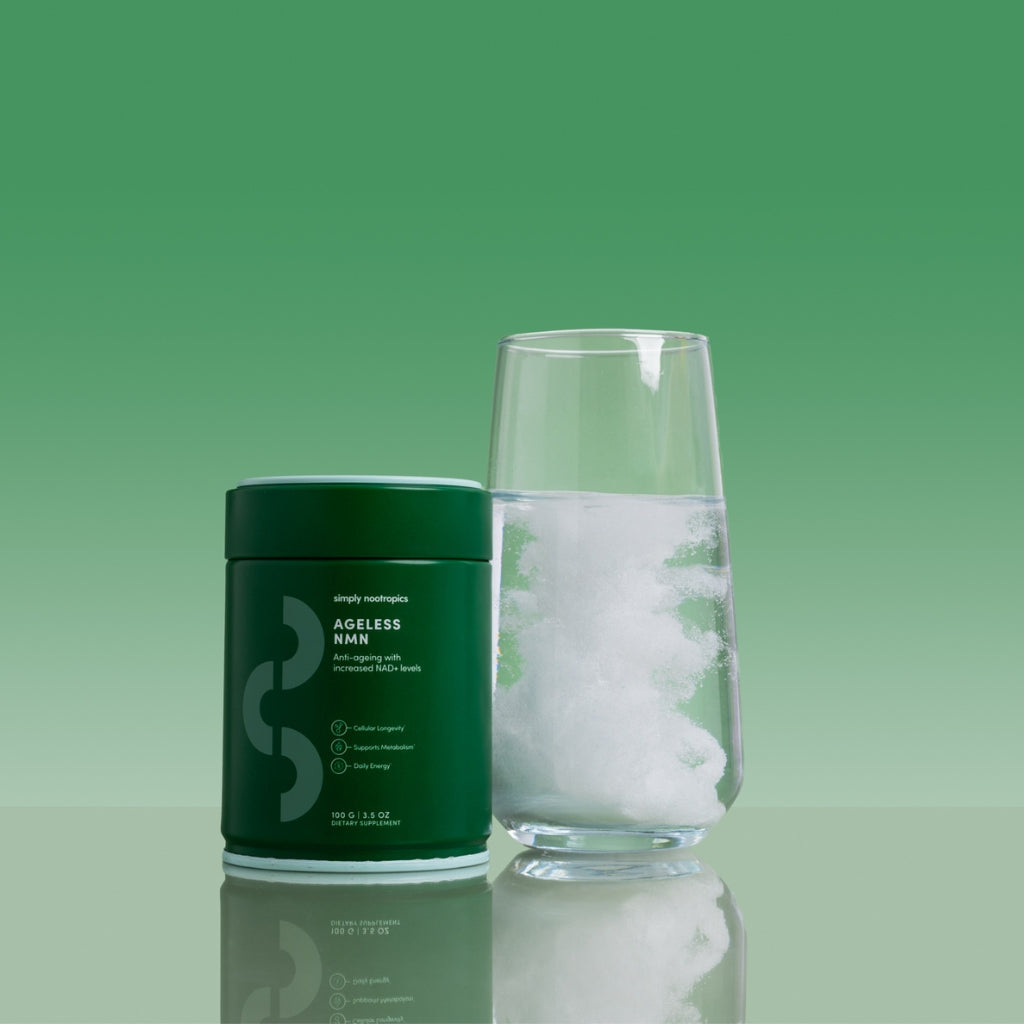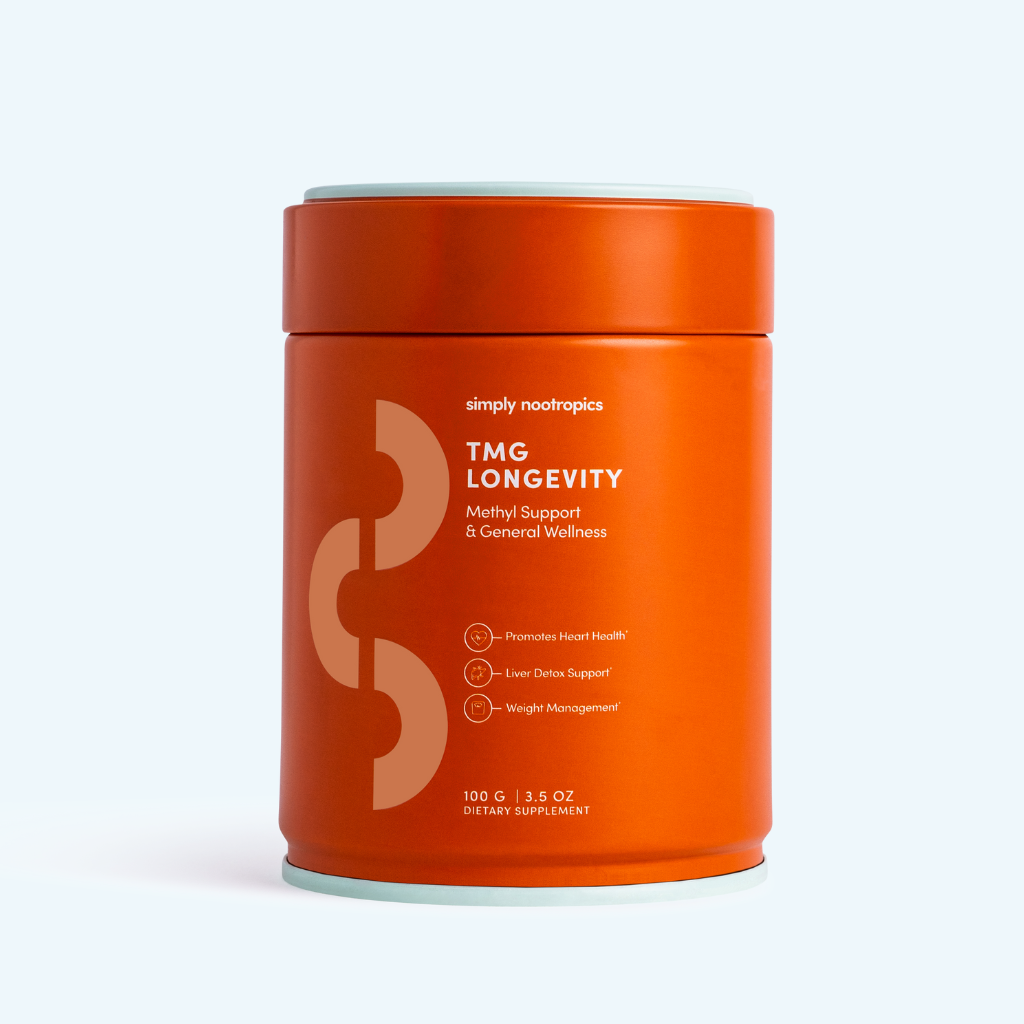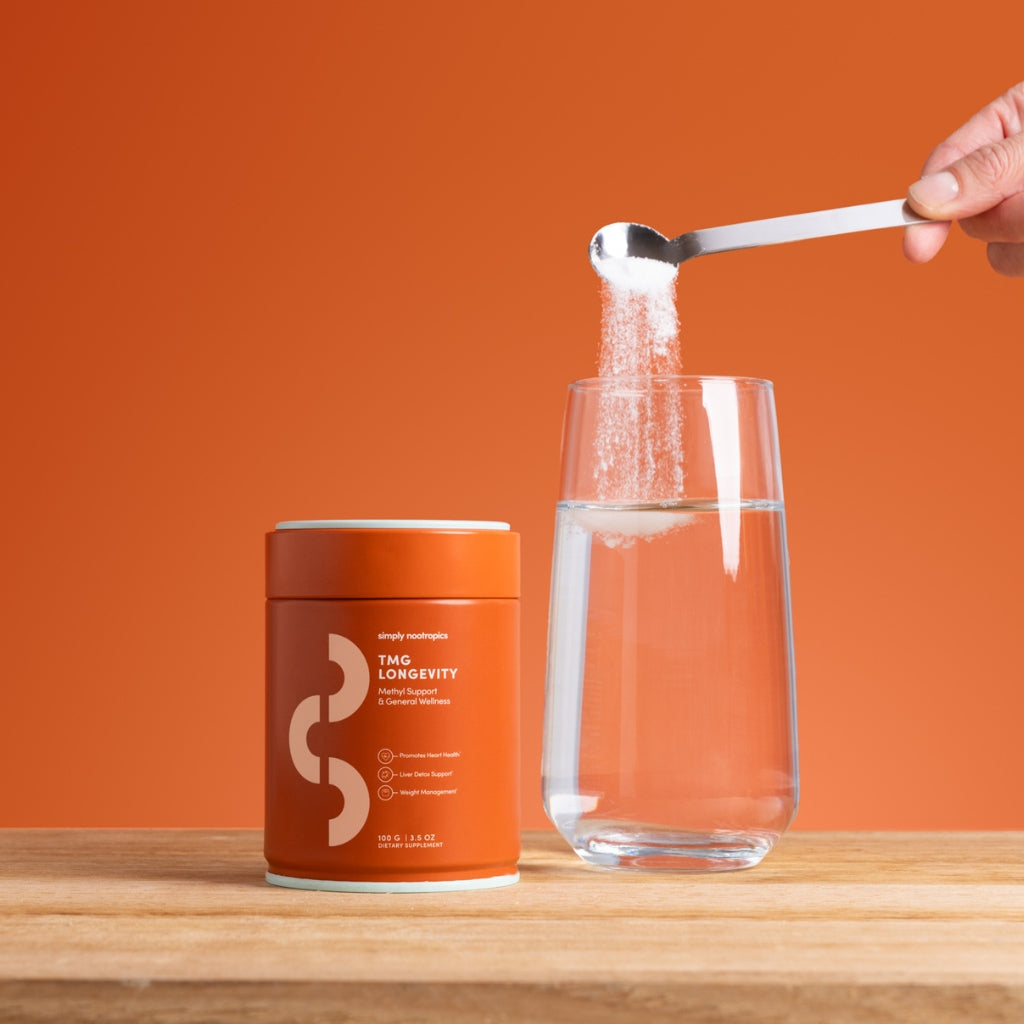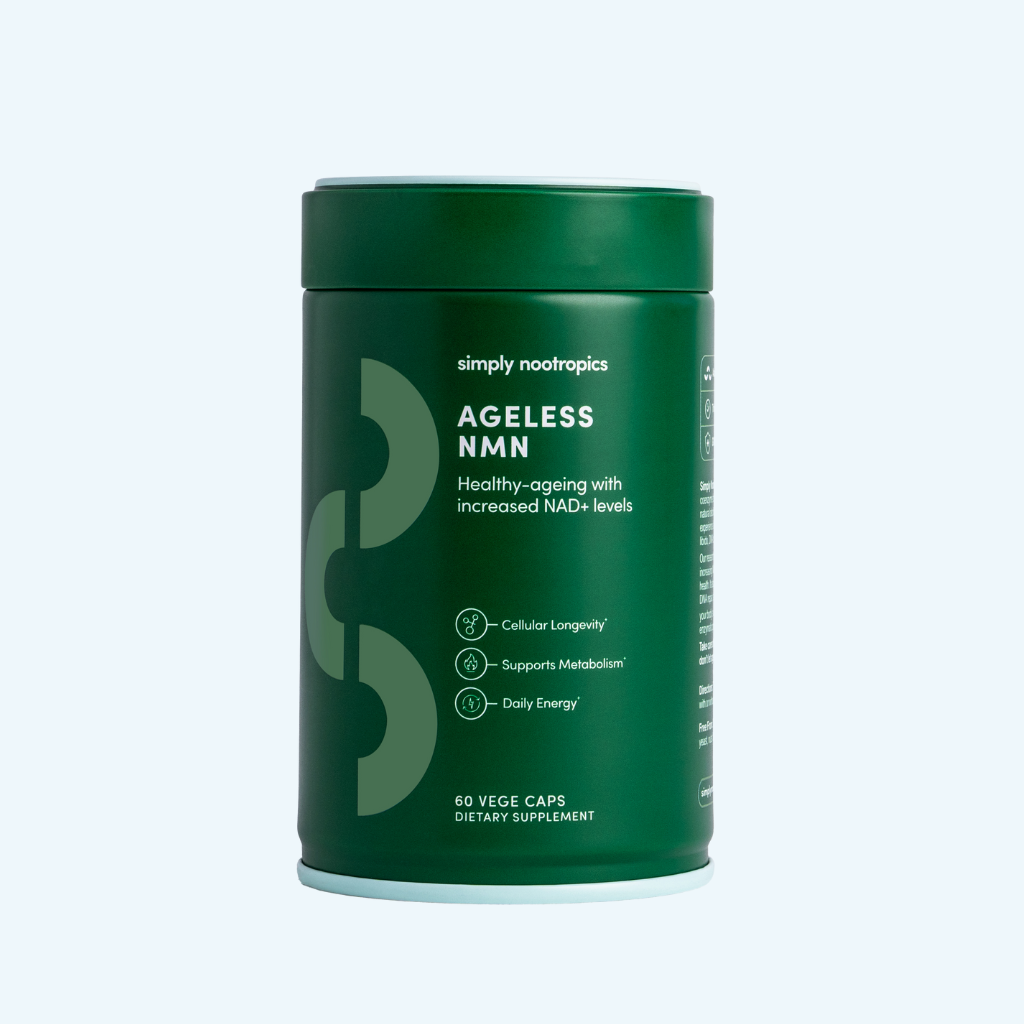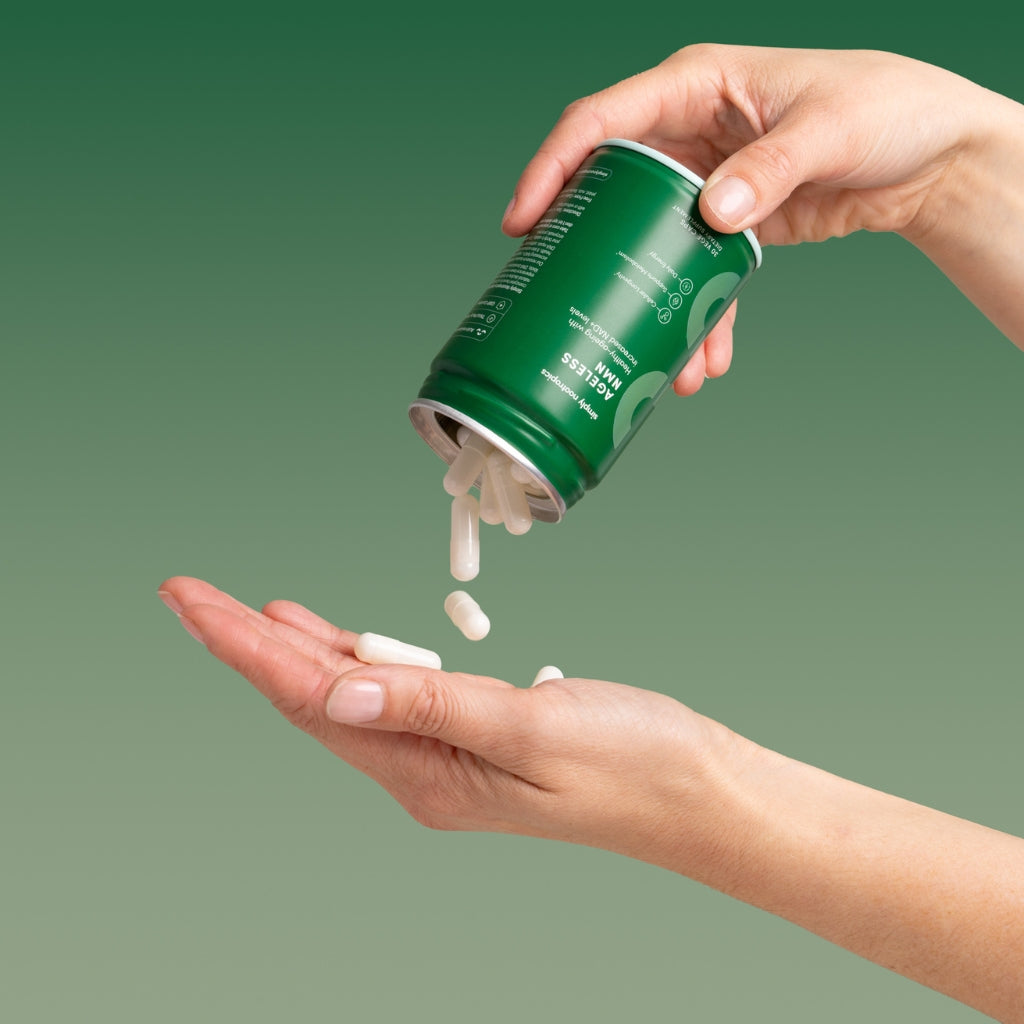We usually think of longevity in terms of what we add: supplements, sleep, exercise, mindset. But sometimes, it’s about what we remove, like the background stressors, toxins, and environmental load that quietly chip away at long-term health.
One of the biggest of these? Plastic. It’s everywhere: in our homes, our food, even our bodies. And while it’s often treated as an environmental issue, plastic pollution is also becoming a growing concern for personal health and ageing.
Plastic Free July™: Better for the Planet, and for You
Every July, millions of people around the world take part in Plastic Free July™, a global movement that encourages individuals, communities, and businesses to reduce single-use plastic waste. While its core mission is environmental, cleaner oceans, streets, and ecosystems, the ripple effects go far beyond sustainability. The truth is, what’s better for the planet is often better for our health too.
Reducing plastic exposure doesn’t just lighten your environmental footprint, it may also ease your toxic load, support hormonal balance, and reduce inflammation. For those of us focused on longevity, Plastic Free July is more than a challenge. It’s an opportunity to align daily choices with long-term health goals, starting with something as simple as what your supplements come in.
Plastic is everywhere, and in us
Humans produce over 430 million tonnes of plastic every year. About two-thirds becomes waste almost immediately, much of it from single-use packaging.
The wellness and personal care industry contributes over 120 billion plastic containers a year, from shampoo bottles to supplement tubs. These are often made from mixed plastics that can’t be recycled, and most end up in landfill.
But the issue doesn’t stop at the bin for a plastic free world. Plastic breaks down into micro- and nanoplastics, tiny particles that have now been found in the water we drink, the air we breathe, and the food we eat.
In recent studies, microplastics have been detected in:
-
Human blood
-
Deep lung tissue
-
Breast milk
-
Placental tissue
-
Even meconium, a newborn baby’s first stool
Plastic isn’t just an environmental concern. It’s become a human health concern, and a potential factor in how we age.
How plastic affects ageing at the cellular level
Longevity science is all about protecting the body’s repair systems. Things like oxidative stress, chronic inflammation, mitochondrial decline, and hormonal dysregulation are at the core of biological ageing.
And here’s where plastic exposure starts to overlap.
Microplastics themselves are not inert. They often carry additives or absorb toxins from their environment, including:
-
BPA (Bisphenol A)
-
Phthalates
-
Styrene
-
Flame retardants and heavy metals
When these substances accumulate in the body, studies show they can:
-
Trigger systemic inflammation
-
Interfere with mitochondrial energy production
-
Damage DNA
-
Disrupt the endocrine system
For example, BPA is an endocrine disruptor known to mimic oestrogen and bind to hormone receptors. Over time, this can contribute to metabolic disorders, reproductive issues, and even increased risk of hormone-sensitive cancers. Phthalates have been linked to insulin resistance, low testosterone, and changes in thyroid function, all of which are closely tied to ageing and energy balance.
These aren’t fringe findings, they’re being taken seriously in toxicology, immunology, and environmental medicine for a plastic free world.
Metabolic health, the microbiome, and microplastics
Another reason to care? Your gut doesn’t love plastic.
Recent studies suggest that microplastics may harm gut barrier function, reduce microbial diversity, and promote inflammatory signalling in the intestine. And while more human studies are needed, the early findings are consistent with what we know about how the body reacts to foreign, persistent particles.
This is where things get especially relevant to people who are already investing in their metabolic health:
-
Taking NMN or NAD+ precursors
-
Eating for glycaemic balance
-
Supporting the gut-brain axis with adaptogens or nootropics
These efforts are meaningful. But chronic exposure to plastic may create low-level interference that pushes your systems out of balance, making it harder for your body to do what you’re supporting it to do.
Cognitive clarity and plastic-free living
Plastic-free living doesn’t just support the body, it can support the brain, too.
Environmental psychologists have long studied how cluttered surroundings create low-grade stress. Visual noise, whether it's a chaotic kitchen or a supplement shelf full of mismatched tubs, can:
-
Reduce your ability to focus
-
Increase cortisol
-
Lead to decision fatigue
It’s no surprise that simplifying your physical space in a plastic free world often leads to a clearer mental state. And choosing cleaner packaging, reusable jars, and minimal designs isn’t just a sustainability choice, it’s a mental clarity one.
It’s also about feeling better. You’re more likely to use products that feel good to look at, open easily, and don’t leave you with packaging guilt every time you toss something out.
Simply Nootropics: Clean supplements, clean design
At Simply Nootropics, we’ve always believed that wellness shouldn’t come wrapped in waste.
From the start, we made a choice: no plastic tubs.
-
Recyclable metal tins — They’re light, durable, curbside recyclable, and re-usable. You can store anything in them, from more supplements to snacks to paper clips.
-
Biodegradable cornstarch scoops — These break down naturally over time, unlike petroleum-based plastics.
-
Minimal, low-waste shipping materials — No foam, no bubble wrap, no glossy excess. Just what you need to get your products safely.
This wasn’t about marketing. It was about aligning with the kind of health we want to support: long-term, low-burden, and thoughtful.
Your supplement should support your brain and body in a plastic free world, not contribute to the slow build-up of toxins, clutter, or landfill.
Living lighter: easy shifts for better ageing
You don’t need to overhaul your whole lifestyle to benefit from less plastic exposure. Start with what you touch every day.
Here are a few simple switches that support both your healthspan and the planet:
-
Use glass or metal containers for water, leftovers, and dry goods
-
Avoid microwaving food in plastic, even “safe” plastics can leach more when heated
-
Choose plastic-free supplements, check the bottom of the jar: is it #5? If yes, it likely won’t be recycled
-
Switch to biodegradable scoops, or no scoops at all
-
Reduce impulse buys of “health” products with lots of plastic or foil wrappers
-
Store your daily supplements where you can see them, and feel good about them
Sustainability doesn’t have to mean sacrifice. It can mean smarter design, cleaner shelves, and routines that feel more intentional.



